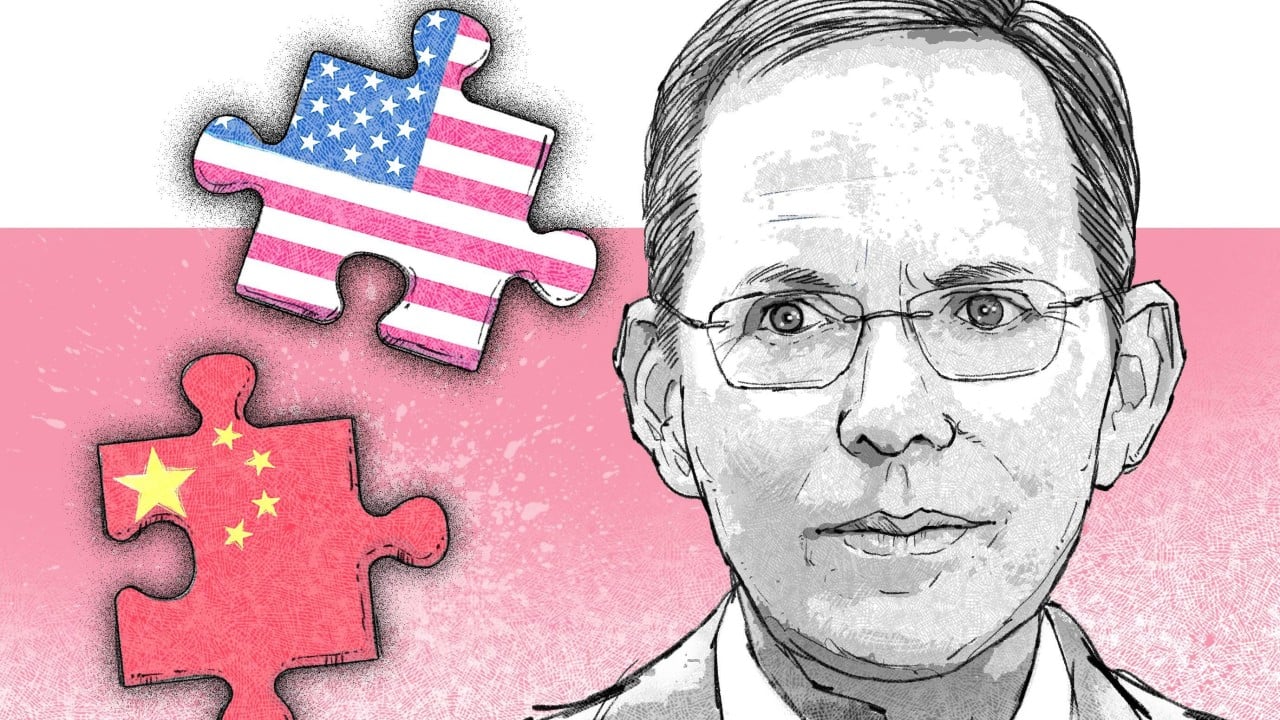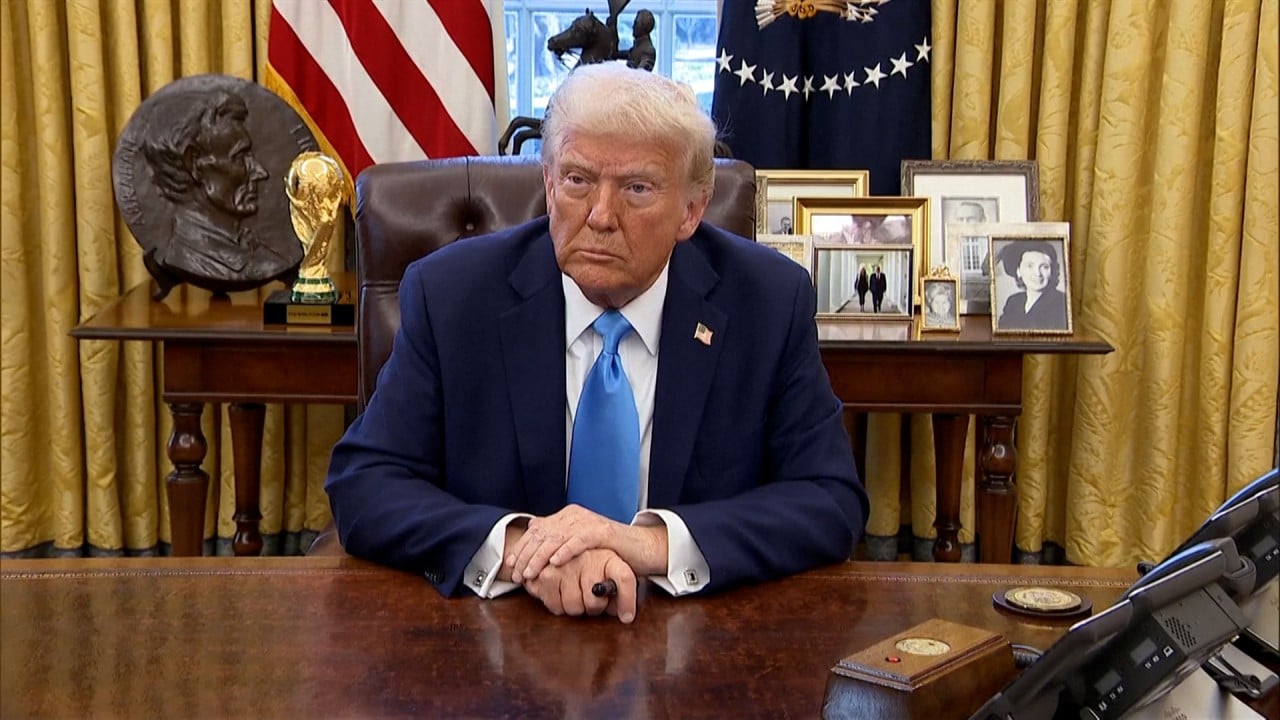Rick Waters is managing director of Eurasia Group’s China practice. He spent nearly three decades with the US Department of State where he oversaw the creation of the Office of China Coordination and was deputy assistant secretary of state for China and Taiwan. This interview first appeared in SCMP Plus. For other interviews in the Open Questions series, click here.
Advertisement
Beijing and Washington had many interactions in the lead-up to Donald Trump’s presidential inauguration on January 20. How should we interpret these early interactions, and could they help manage bilateral ties?
We have to start with the reality that the US-China relationship is structurally competitive in almost every area, so frictions are going to be considerable. But it is a good sign that the early signals are President Trump reaching out to China, he and Xi Jinping having a phone call, and the Chinese side decided to make this fairly unprecedented step of sending Vice-President Han [Zheng] to the inauguration and to meet on the side – [with Vice-President J.D. Vance] and others.
But again, these are positive initial signals. It is unlikely to tell us much about the trajectory of where the bilateral relationship will go because China and the US have a lot of structurally competitive issues in the bilateral, regional and global areas. And it is going to take a much more robust period of diplomacy and testing before we can draw firm conclusions about the trajectory of the relationship, given the depth of distrust and policy differences they have to manage.
Many consider this decade critical in the techno-security competition between the US and China, with some calling for a decisive victory over managing the rivalry. What approach do you perceive Trump will adopt in this context, and what is the US’ end goal in competition with China?
Advertisement
There have been a lot of debates over the question of whether the US should have an end-state goal in its China strategy, and if so what that goal should be. The most recent round of debates was triggered by an article Mike Gallagher, the former head of the Select Committee [on the Chinese Communist Party], co-wrote in Foreign Affairs. To be fair, he and his co-author did not exactly posit active strategies to effect regime change in China as the definition of victory. But this is not a widely held view in Washington, nor necessarily within the Republican Party. One theory of the victory prevalent among the “America first” economic team is that the US just keeps doing what it needs to do better, and does not pay attention to what China does. And that is the theory of victory I often hear described as the US “wins” and “we don’t care” what happens to China.


